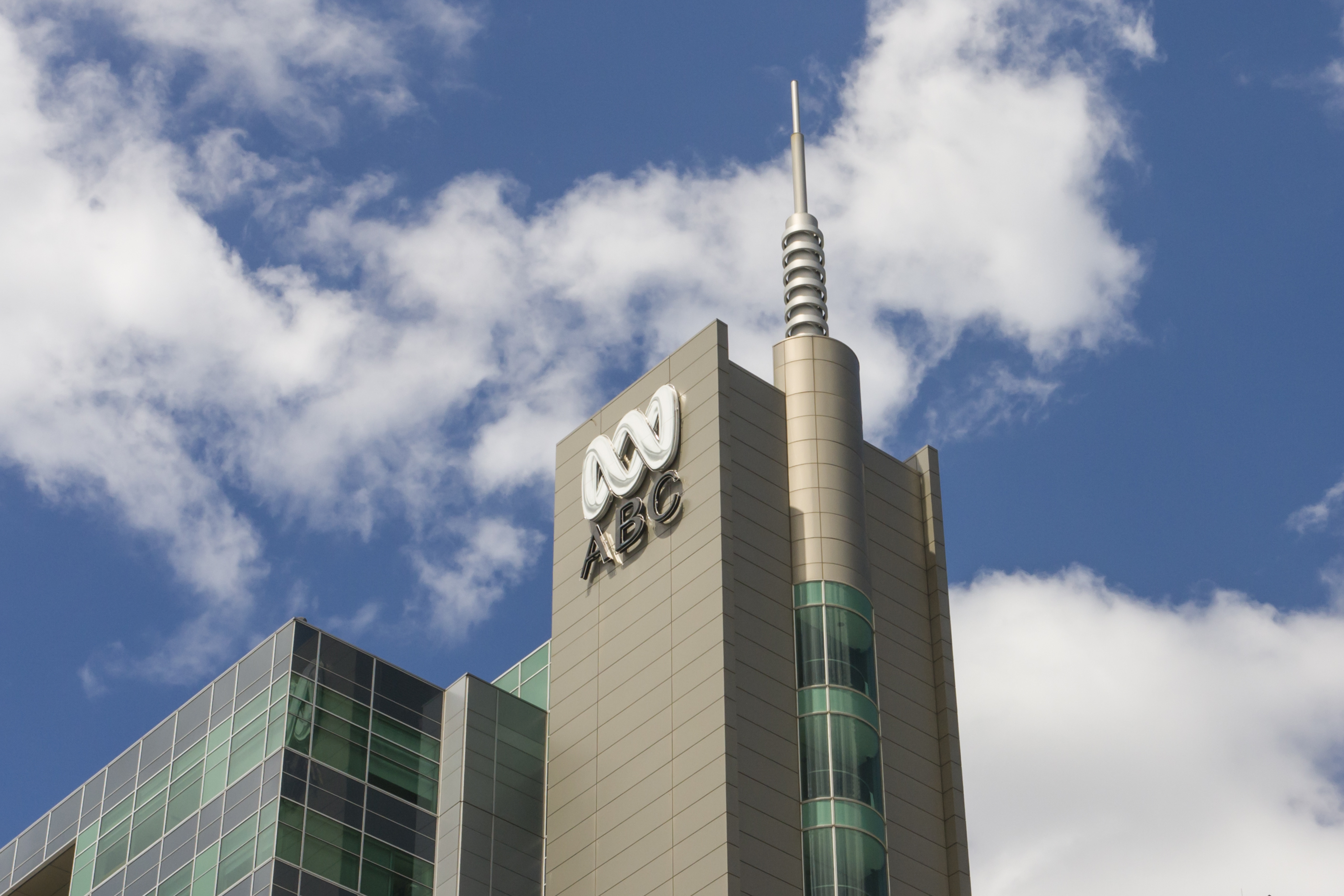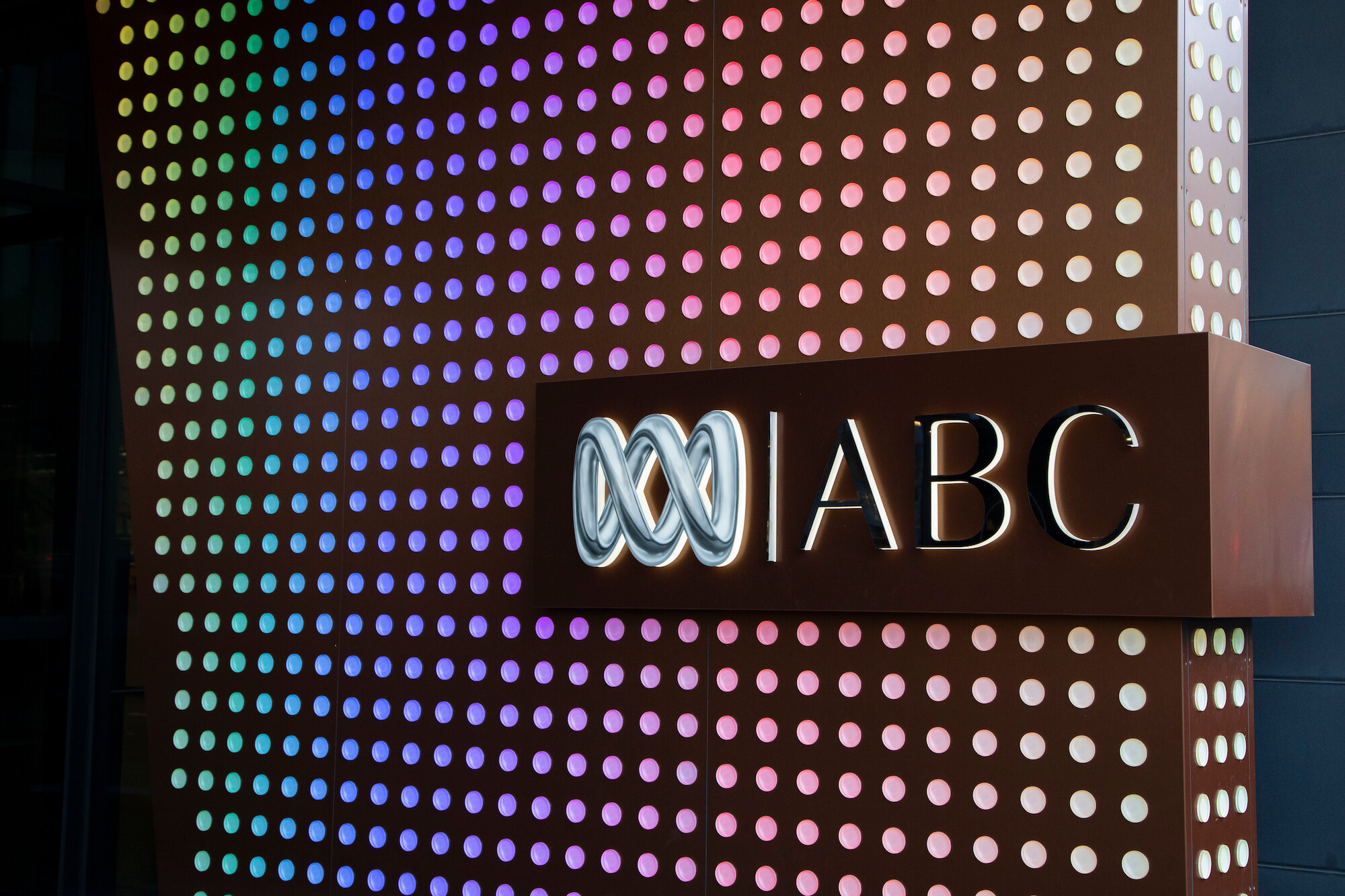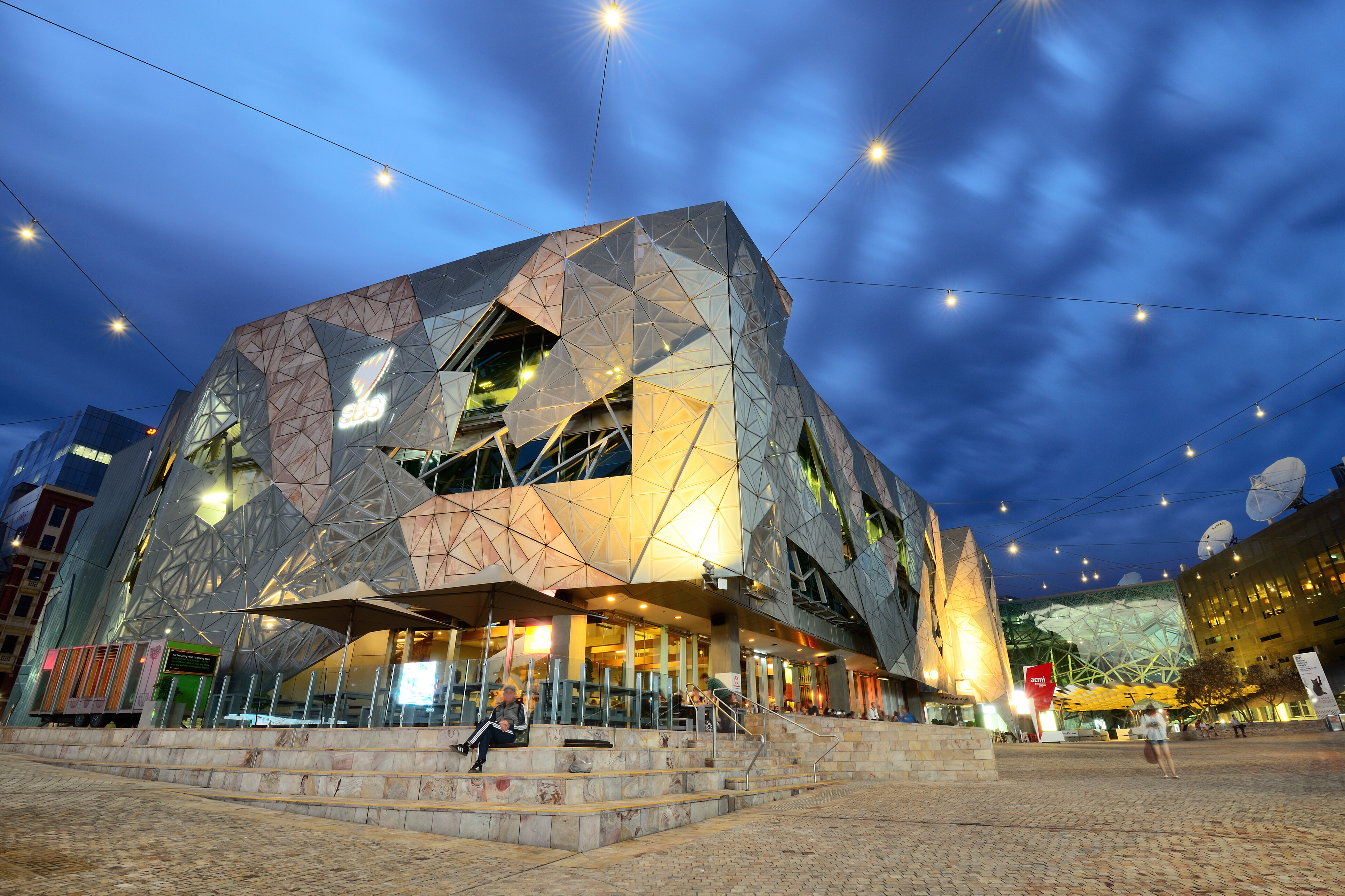From Slovenia to Brazil, Australia to South Korea, 2022 is a significant year for elections. A new global series by PMA will look at several elections and assess: the state of public media in each nation, whether there are key policy differences from parties on how to engage with public media, and how important these elections are for the health of public media.
Election Background:
DATE: Not yet been announced (on or before 21 May)
TYPE: House of Representatives and the Senate
IN POWER: Prime Minister Scott Morrison, Liberal Party of Australia
MAIN OPPOSITION: Anthony Albanese, Australian Labor Party
For the first report on the Australian Federal election, PMA’s editorial manager, Harry Lock, spoke with Terry Flew, Professor of Digital Communication and Culture at the University of Sydney.
The Australian public media landscape is made up of the ABC (Australian Broadcasting Corporation) and SBS (Special Broadcasting Service). The ABC has on several occasions over the past few years, found itself in conflict with the Liberal-National coalition government, led by Prime Minister Scott Morrison.
This was most notable during the Australian Federal Police raids in 2019. It has also regularly been the target of criticism by conservative politicians and a conservative media. In the face of such affronts, it has shown it is ready to defend both itself and the principles of public media against these attacks. An initial plan to launch a Senate inquiry into ABC’s complaints process was met with fierce resistance in late 2021 from the ABC itself, who are conducting their own review into how complaints are handled. The senate inquiry was viewed as political interference and intimidation and was eventually called off.
This interview has been edited for length and clarity
Harry Lock: Where is public media at, presently, in Australia – can you set the scene for me?
Terry Flew: I think there’s three major challenges facing the public broadcasters. The first is the government, broadly speaking, which is much more of an issue for the ABC than for the SBS. SBS tends to pursue a diversity agenda in a way that puts it much less in the crosshairs of government than tends to happen with the ABC, and maybe that’s because it has less directly engaged with Australian politics for the most part, whereas the ABC clearly has an outsized influence in Australian politics. Let’s also be frank, there’s the Rupert Murdoch factor, in all of that, that it suits the Murdoch media to position the ABC as being to the left, and they position themselves being to the right. That’s the major sort of contest if you like.
Like all broadcasters, they’re also feeling the pressures of streaming. Australians have proven to be quite keen takers-up of streaming services. I think possibly 50-60 percent of Australians now access a streaming service. That’s been a much faster rate of growth than it was for cable television, by contrast. And that ups the ante in terms of ability to reach audiences, particularly younger audiences. So the ABC and SBS, like all broadcasters, are feeling this sense that their audience is ageing, they don’t have the kind of budgets that Netflix has to produce local drama. And they’re feeling pressured in that respect. I think the ABC is quite innovative in how it responds to that in terms of the sort of drama it commissions, but it’s a challenge.
And I guess the other thing is the issues around their web presence, and how they continue to fund their online activities without a specific budget line dedicated to online. And again, they’re in a similar position to other media around that. In a more general contextual sense, about 70% of advertising revenue goes directly to Google and Facebook, and this is putting all media under pressure. You might be aware the Australian government introduced a News Media Bargaining Code that required Google and Facebook to pay money to news producers which includes the ABC and SBS. So that’s proved to be an alternative.
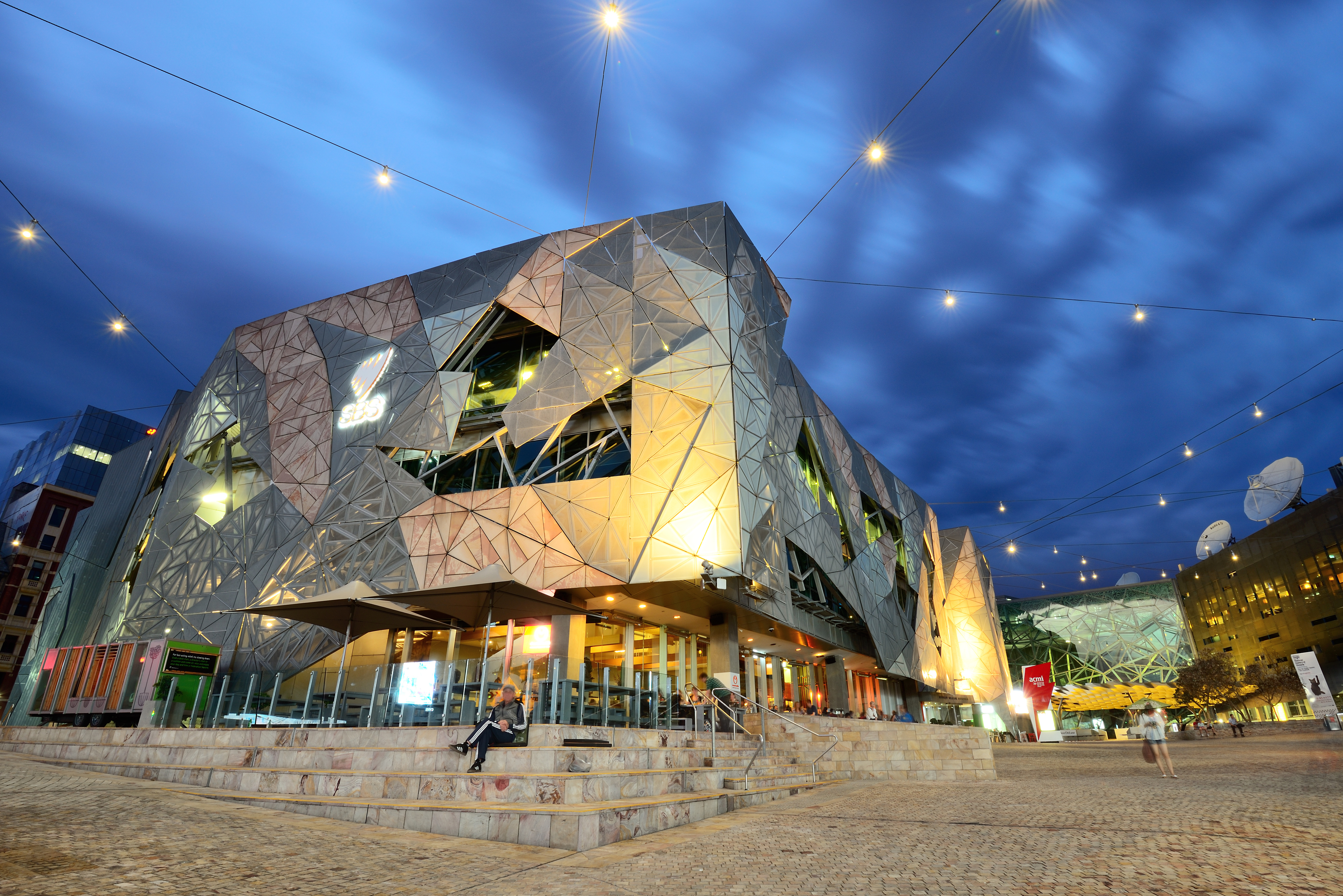
HL: What has the relationship between the government and the ABC been like over the past few years?
TF: There’s an interesting phrase that a former Chief Advisor to John Howard back when he was Prime Minister used about the ABC, and he described the ABC as “our enemies talking to our friends.” By which he meant that they were of the view that the internal politics of the ABC skewed left or was at least anti- the conservative parties. But if you look at the core audience of the ABC, it’s older, it’s more middle class, and very strong representation both in more affluent electorates, and in regional Australia. They’re the core bases of the conservative parties.
In that sense, there’s a view that the ABC in particular had a bad year last year. There were a couple of high-profile defamation cases that cost quite a bit of money. In general terms, relations between the ABC and the government are at a very low level. And [there is] a sense of continual pressure on both sides of the equation there, even though the ABC’s Chair is a government appointee – Ita Buttrose, a very famous Australian public figure. But she’s come out quite strongly about what she feels is undue political interference in what the ABC’s doing.
HL: Has the ABC always had to defend itself from the government? And how might this conflict play amongst voters?
TF: The former Managing Director of the ABC in the 1990s, the late Brian Johns, had an office next to me once he finished that job in 2000. He had a tonne of stories about how high-level people in the government would ring him straight after certain programmes and say what are you going to do about this journalist. So it’s got a long history. I think the ABC feels reasonably robust in addressing it, that it has identified its strengths. In particular, it is very much the network of rural and regional Australia, and the turn away from localism in commercial media has often left the ABC as the only significant news outlet in large parts of the country.
Key statistics:
- ABC is Australia’s top online news brand – in June 2021 it reached 51% of all adults
- ABC News on Radio reaches an average 880,000 Australians aged 10+ each week across the five metro cities
- ABC NEWS TV channel increased its metro weekly reach from 12.5% in 2018 to 15.7%
- 13 million Australians watch SBS each month
- Provides more than 8,000 hours of content available to watch for free anytime on demand
- Broadcasts in over 60 languages
“I think if being a regular ABC viewer is a minority pursuit, the Defund the ABC crowd would be even more a niche minority. People just take it as a given that it’s there in some form.”
And it could potentially benefit from what’s a little bit of a revolt in the middle-class heartlands of the conservative parties. [That’s] based around a movement of independents running with lack of action on climate change as their primary focus, but they tend to be women. So [former Prime Minister] Tony Abbott lost his seat to an independent, which is a classic beachside, northern Sydney, liberal seat, that would never elect Labour in a million years, but would elect a progressive independent. The independents tend to be vocal supporters of the ABC, and they tap into parts of their electorate that are very vocal, that the ABC is their network. So that could be a factor.
It’s a little hard to pick how significant it could be, but it’s significant enough to cause some angst in the conservative parties, which have followed the kind of approach of looking to win more working class out of suburban electorates, with a kind of populist politics. The flip-side of that is that the seats, just as Labour parties faced threats in the seats they used to once take for granted, the Conservative parties may now face threats from independents in seats they once took for granted, and the ABC will be an important part of that equation.
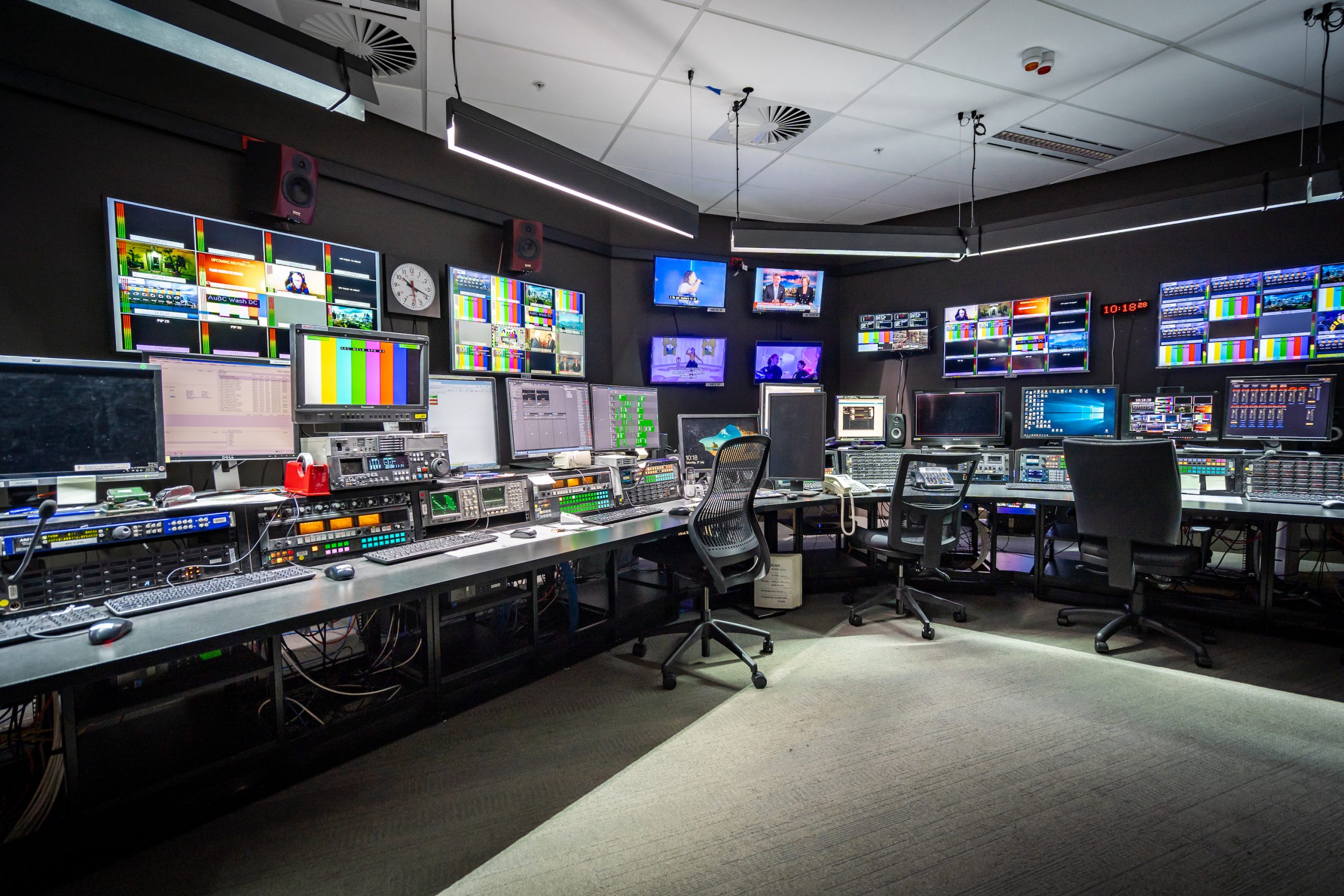
HL: Based on last year, and looking ahead, we haven’t had manifestos yet for the election, but do you have a sense of how the two parties will differ? The Labor Party are now backing the “Save the ABC” campaign – is public media going to be a real point of policy difference?
TF: There will definitely be different policies. Whether people vote on it is another question. I think the handling of the Covid situation will be at the top of peoples’ minds this election. But [public media] is a factor. Labor tends to want to put in place measures which reduce the scope for political interference in the ABC, typically increases the funding for the ABC. The difficulty is that for all but six of the last 28 years, we’ve had coalition governments, so that’s been often been fairly short-lived for the ABC.
That said, I don’t think there’s any real push to privatise the ABC. The ABC’s a very big organisation, and it’s only in small parts of it that you get this kind of heated political debate, and let’s be real, it comes from ministers and journalists and so on who basically spend all their time listening to and watching the ABC. I don’t think it’s a make-or-break election for the ABC. I think it’s rather a continuation of a set of circumstances the ABC has been quite familiar with over a number of years.
HL: For other audiences who perhaps don’t use the ABC as much, will this issue have any relevance? Will they see the policy differences between these two parties and will that come in at all as a factor for what decision they make?
TF: How will the viewers of Married at First Sight vote? SBS is interesting in that its World News gets an audience that is considerably larger than its average overall audience. I think it’s a very well-respected news service, and it provides a genuinely global perspective on news, and I think that’s sought-after by quite a lot of people. ABC’s ratings are not necessarily up, not necessarily down. I think like many public broadcasters, the challenges they face are to diversify their audience.
The ABC can really hit the mark with popular programmes, even in an age of Netflix, so I think if being a regular ABC viewer is a minority pursuit, the Defund the ABC crowd would be even more a niche minority. People just take it as a given that it’s there in some form. But the form of it that they want is endlessly debated.
The views expressed in this article are those of the interviewee and do not necessarily reflect the views of the Public Media Alliance.
Header Image: Facade of new parliament house in Canberra on capitol hill at sunset. Public building free for admission by Australians and guests. Credit: Taras Vyshnya / Shutterstock.com
Related Posts
9th December 2021
Digital “preparedness is vital” – ABC’s Social Media Wellbeing Advisor
Journalists often face barrages of…
22nd November 2021
Under attack ABC sticks up for public media values
ABC sticks to its values in the face of…
13th October 2021
SBS Australia’s language services review underway
SBS has commenced its regular review of…
28th July 2021
Australian public media expand COVID-19 language services
Australian public broadcasters ABC and…
